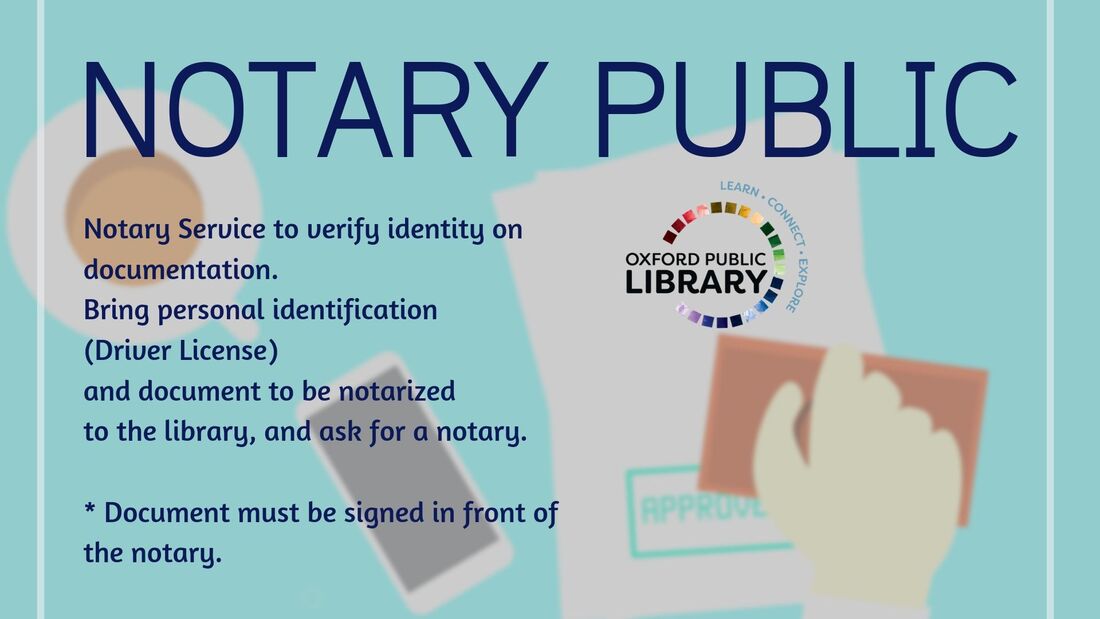Experienced Conveyancer: Navigating Residential Or Commercial Property Transfers with Expertise
Experienced Conveyancer: Navigating Residential Or Commercial Property Transfers with Expertise
Blog Article
Debunking Notarial Work: Simplifying the Function and Importance of Notaries
In the elaborate web of legal documents and verification, notaries stand as columns of guarantee and authenticity. Their function, usually shrouded in secret for lots of, brings significant weight in making certain the validity and stability of critical files. As guardians of legitimacy and reality, notaries play a critical part in our culture, yet their job is not constantly fully comprehended. By untangling the intricacies shedding and surrounding notarial techniques light on the significance of their acts, a clearer understanding arises of the important duty notaries play in upholding the fabric of legal and legal contracts.
The Background of Notarial Work
Exactly how did notarial job evolve with time to end up being an essential component of lawful and business purchases? The history of notarial job go back to old worlds, where scribes played a vital role in videotaping essential information and authenticating records. As societies proceeded, the requirement for an extra formalized system to ensure the legitimacy of contracts arose. This caused the development of notaries, people appointed by the state to work as objective witnesses in legal issues.
Throughout the Middle Ages, notaries got importance in Europe, with their functions increasing to consist of drafting legal papers, certifying signatures, and protecting documents. The surge of worldwide profession even more highlighted the importance of notarial operate in confirming agreements and arrangements throughout boundaries.
In the modern era, notaries continue to play an essential role in legal and company deals by validating identities, confirming the credibility of records, and avoiding fraud. Their function in accrediting the credibility of contracts includes a layer of protection and trust to the ever-evolving landscape of commerce and law.

Responsibilities and Obligations of Notaries
Notaries play a vital duty in verifying the credibility of files and the identification of signatories. One of their main responsibilities is to witness the finalizing of crucial files, such as agreements, actions, and wills, to ensure that all events are getting in into agreements purposefully and willingly.
They certify copies of original records, providing assurance to organizations that the duplicates are real reproductions of the originals. On the whole, the duties and duties of notaries are important in securing the integrity and legality of various records and transactions - Notary.
Notarial Certificates and Signatures
Exhibiting thorough interest to detail, notarial certifications and signatures act as crucial parts in confirming the credibility of lawful documents. Notarial certifications generally contain important information such as the day of registration, the names of the notaries, a description of the paper, and the notary's main seal. These certifications provide a clear document of the notarial act, guaranteeing that the file can be easily recognized and traced back to the notary who oversaw the procedure.
Trademarks play a pivotal role in notarial work, as they symbolize the arrangement and permission of the events entailed. Notaries very carefully witness the finalizing of documents to validate the identification of the signatories and validate that they are signing web of their own free choice. By attaching their main seal and signature to the document, notaries accredit that the required procedures have been followed which the document is legitimate and enforceable.
Essentially, notarial certificates and trademarks are the characteristic of credibility in lawful purchases, supplying guarantee to all events involved that the files are legitimate and binding.
Relevance of Notarial Acts

Registration Process Explained
The registration procedure commonly starts with the private presenting the document to a notary public. As soon as the identification is verified, the notary guarantees that the individual authorizing the document does so willingly and without any coercion.

Conclusion
Notarial certificates commonly include vital details such as the date of notarization, the names of the notaries, a description of the paper, and the notary's main seal. These certifications provide a clear record of the notarial act, making sure that the paper can be conveniently identified and traced back to the notary who managed the procedure.
By affixing their official seal and trademark to the paper, notaries license that the necessary procedures have been followed and that the document is enforceable and valid.
By verifying the identity of the signatories, confirming their determination to enter into the agreement, and certifying the day and area of the finalizing, notaries play go an important function in supporting the validity of lawful records.After the record is authorized, the notary will affix their main seal or stamp onto the document.
Report this page